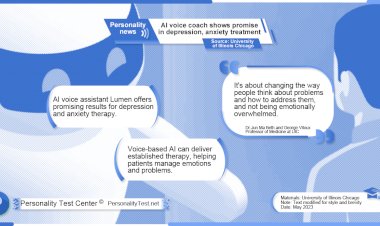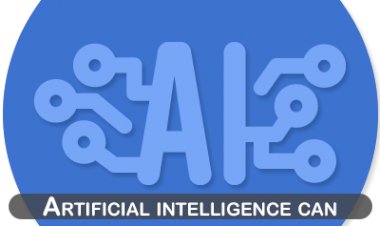Loneliness, insomnia linked to work with AI systems
Exploring the psychological effects of working with AI systems on loneliness, insomnia, and social behavior.
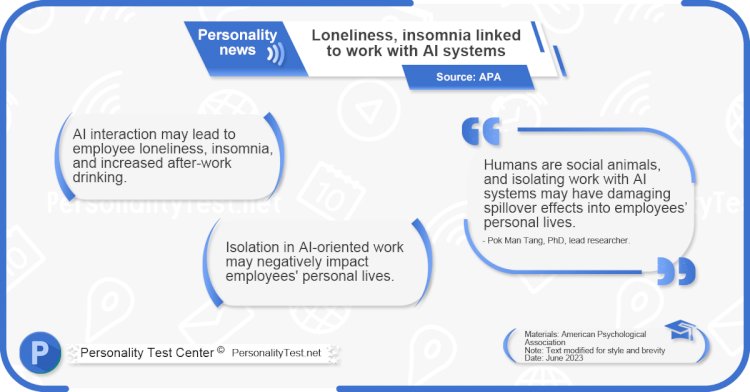
Summary
Research indicates that frequent interaction with AI systems may lead to increased feelings of loneliness, insomnia, and after-work drinking among employees. However, it also reveals that these employees may be more prone to offering help to colleagues. The study emphasizes the importance of mindfulness and other positive interventions to combat potential negative effects.
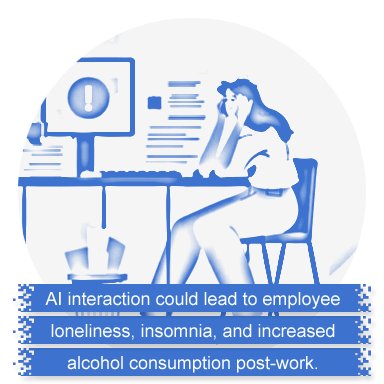
Introduction
In the wake of the AI industrial revolution, workplaces across the globe are changing. AI systems offer numerous benefits but might also harbor unforeseen hazards. Research shows a correlation between the frequent use of AI systems and increased feelings of loneliness and insomnia among employees, leading to concerns about mental and physical health in the workplace.
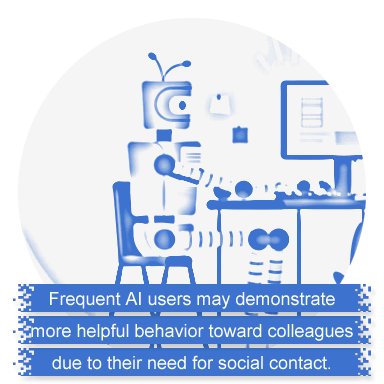
Main points
- Frequent AI users show signs of loneliness, insomnia, and increased after-work drinking.
- Despite negative impacts, employees who use AI more often are likely to exhibit helpful behaviors toward their colleagues, possibly due to their need for social interaction.
- Attachment anxiety — a worry about social connections — may exacerbate both positive and negative reactions to working with AI systems.
Conclusion
As AI continues to reshape workplaces, it's crucial to implement strategies that offset potential negative effects on employee health. Developers and employers should consider incorporating social features into AI systems and provide opportunities for human interaction. Mindfulness programs and other positive interventions could also help alleviate feelings of loneliness among employees who frequently interact with AI.
Source and credits
Materials: American Psychological Association
Note: text modified for style and brevity
Date: June 2023
Research reference
Journal of Applied Psychology, 2023

 vneo
vneo 






